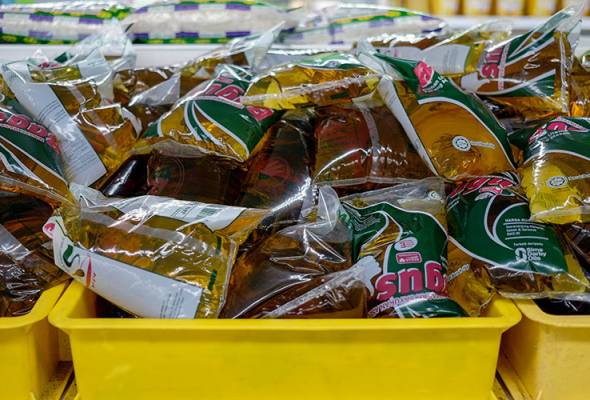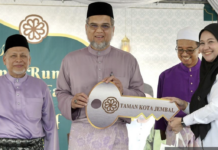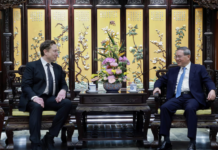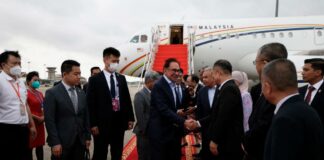PUTRAJAYA, July 11 — The Ministry of Domestic Trade and Cost of Living (KPDN) will work with the relevant enforcement agencies to beef up controls on distribution of controlled goods, especially cooking oil, at the country’s borders.
In a statement today, its secretary-general, Datuk Azman Mohd Yusof, said KPDN viewed seriously a recent report in a local newspaper about the widespread sale of one kilogramme packets of subsidised cooking oil in a neighbouring country.
Following that, he said the KPDN will work with other agencies such as the Royal Malaysian Customs Department, the police, and the Inland Revenue Board (IRB) to ensure that enforcement actions related to misappropriation of subsidised cooking oil can be taken holistically.
“KPDN, through its enforcement division, will always carry out monitoring operations throughout the country, including in states bordering neighbouring countries.
“Inspection and monitoring operations are carried out at various levels, including retailers, wholesalers, packaging companies, and manufacturers,” he said.
It was recently reported that there was a shortage of cooking oil supply, especially the one kg of subsidised cooking oil packets in Kelantan.
It is believed that this shortage is due to the smuggling of the products into a neighbouring country, where they are then sold in retail stores.
Azman added that the KPDN will mobilise enforcement machinery throughout the country to conduct audits against 354 packaging companies under the Cooking Oil Price Stabilisation Scheme (COSS) to ensure they comply with the law.
From Jan 1, KPDN has mandated the use of the Cooking Oil Price Stabilisation Scheme System (ECOSS) for the entire subsidised packet cooking oil supply chain, to record transactions such as quantity and sales price at each level from refineries, packaging companies, wholesalers and retailers.
“KPDN will not hesitate to take stern action, including imposing restrictions on companies in the eCOSS system if they are found hoarding subsidised cooking oil packets,” said Azman.
According to statistics, Azman said from 2019 until June 30, 227 cases involving subsidised cooking oil were recorded at the national border with a total seizure of RM658,397.
During the same period, he added that 730 cases involving subsidised cooking oil were reported nationwide, with a confiscation value of RM16.79 million, for violations such as trading controlled goods without a licence, failing to maintain a stock book, and submitting fake documents.
Those who commit offences involving subsidised cooking oil may face action under the Control of Supplies Act 1961 (Act 122), in addition to being investigated under the Anti-Money Laundering, Anti-Terrorism Financing and Proceeds of Unlawful Activities Act 2001 (AMLATFPUAA 2001) (Act 613), he said.



















